Origin Energy’s closure of Eraring power station sparks warnings of higher electricity prices
Early closure of the nation’s largest coal-fired power plant sparks fears of higher electricity prices and loss of 1000 jobs.
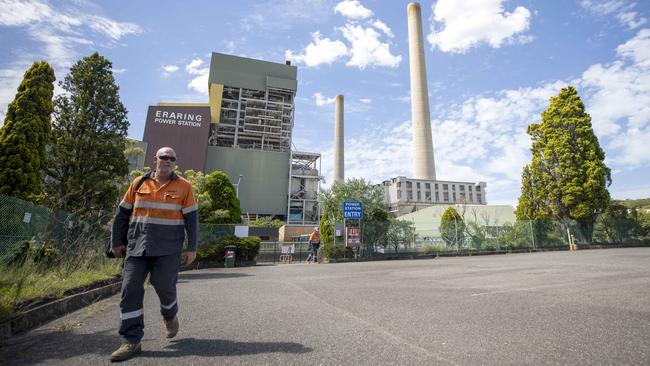
Origin Energy’s planned closure of its Eraring power station in three years has sparked warnings of higher electricity prices and the loss of up to 1000 jobs after the company rejected a NSW government rescue bid to lease the plant or pay for it to keep operating.
The NSW government announced immediate measures to replace the nation’s largest coal-fired power plant, which accounts for 20 per cent of the state’s generation capacity, underwriting the construction of a 700 megawatt battery to be completed by 2025 when Eraring ceases operating.
Announcing the closure of the 2880 megawatt plant seven years earlier than planned, Origin chief executive Frank Calabria said coal-fired power stations were facing increasing economic pressure.
“The reality is the economics of coal-fired power stations are being put under increasing, unsustainable pressure by cleaner and lower cost generation, including solar, wind and batteries,” he said.
The closure of Eraring will speed the exit of coal-fired generation capacity from the national grid. Victoria’s Hazelwood power closed in 2017 and the Liddell Power Station is slated for closure by April next year.
Origin’s announcement follows AGL’s decision to bring forward the closure of its Bayswater generator in NSW from 2035 to no later than 2033; the closure of its brown coal-fired Loy Yang A plant, located in Victoria, has been brought forward from 2048 to 2040-45.
Origin has signalled its intention to build its own 700 megawatt battery on the Eraring site for the purpose of storing renewable energy; similar moves have been proposed for the former Hazelwood power station in Victoria, as well as other former coal-fired facilities.
Closing the plant early angered residents, raised business concerns and stoked fears among companies and investors that the federal government would launch a fresh intervention in the energy market to ensure enough replacement generation was delivered.
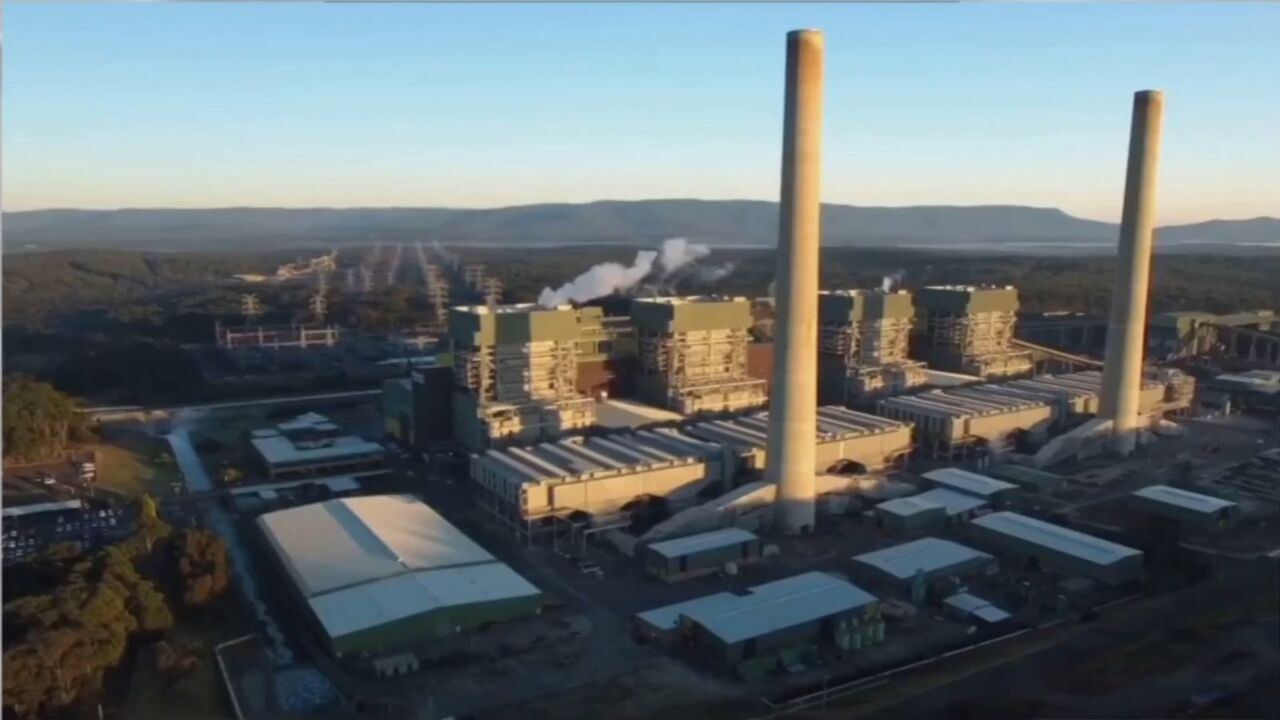
Origin said committed and expected power supply across the sector would be in place by the summer of 2026, including from its own giant battery at Eraring, more than covering the coal plant’s shuttered capacity.
However, one expert said there was still likely to be a shortfall.
Dylan McConnell, a research fellow with the University of Melbourne’s Climate and Energy College, said: “As it currently stands, I think there will be a gap.”
The closure could spark higher prices although not to record levels seen with the abrupt closure of Hazelwood.
Frontier Economics managing director Danny Price said power prices were likely to jump once Eraring exited the grid in 2025,
Mr Price, who worked on electricity models including the dumped National Energy Guarantee, said: “The commonwealth and the states have been consistently talking about $70 per megawatt hour being a benchmark. And I think they will really struggle to achieve that. This is more likely to be $10-$20 MWh above that.”
The Australian understands the Morrison government is considering options similar to those canvassed when AGL announced the closure of Liddell, which led to a government decision to fund a $600m gas plant at Kurri Kurri, in the NSW Hunter region.
Describing Origin’s decision as “bitterly disappointing”, federal Energy Minister Angus Taylor flagged the possibility of additional government intervention in the electricity market if the private sector and the NSW government were unable to fill the capacity left by Eraring’s closure.
“Anyone who thinks a 700 megawatt battery that lasts for two hours is going to replace a 2800 megawatt coal fire power station is delusional,” Mr Taylor said. “That’s not enough. It can play a role. Of course it can play a role, but we’re going to need serious replacement.”
NSW Energy Minister Matt Kean hit back, saying Mr Taylor’s comments were misleading. “He knows full well that we’ll be unlocking existing supply – it’s not a battery replacing a power station,” Mr Kean said.

“We’re freeing up capacity in our transmission infrastructure.”
The NSW government proposal to subsidise Origin’s costs was one of several measures negotiated over eight months with company officials. In that time the government also worked to remodel its electricity network and fill the gap that will be caused by the plant’s early retirement.
Mr Kean said the NSW government’s battery, known as Waratah Super Battery, will seek to expand capacity in the state’s transmission infrastructure rather than replace the plant’s output. However he conceded that price pressures would occur for households and businesses once the Eraring facility, near Newcastle, comes offline.
Mr Kean declined to comment on the nature of the negotiations with Origin, citing confidentiality provisions, but said “a number of options” were explored with the company during the process. He said he was disappointed with the company’s decision.
The Australian has been told that some ministers were critical of the proposal to pay the company to continue operating due to the hazard that competitors would also threaten to close their operations unless they received similar payments.
Energy Users Association of Australia chief executive Andrew Richards said other companies would follow suit in closing coal-fired plants, with the result likely to cause price shocks upon their departure. “What we need is for governments and the energy industry to work in a more collegiate way with the best interests of consumers at heart, and we’re not sure that’s occurred in this case,” he said of the Eraring decision.
“They’ve tried to come to some arrangement and that negotiation has broken down. We envisage higher prices for a couple of years as a result of this.”
Cost pressures on coal-fired plants were being caused in large part by the shift to renewable energy,” Mr Richards said.
Australian Energy Market Operator chief executive Daniel Westerman said the government’s plan to increase transmission capacity, including through the use of a battery, would give the state access to enough generation by the time of Eraring’s closure.
Opposition energy spokesman Chris Bowen endorsed the NSW government’s decision to build the Waratah Super Battery, calling it an acknowledgment of market realities. Hunter MP Joel Fitzgibbon said the plant’s closure would lead to higher electricity costs and a less secure energy market.
More Coverage
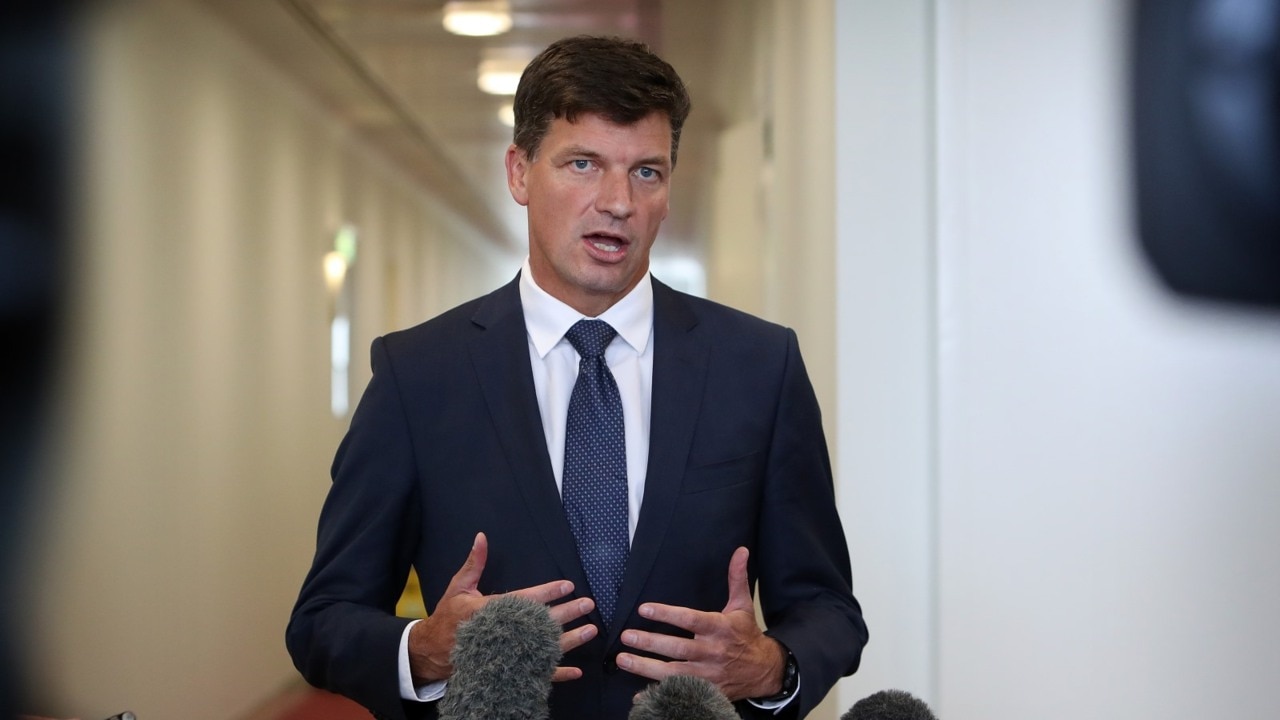



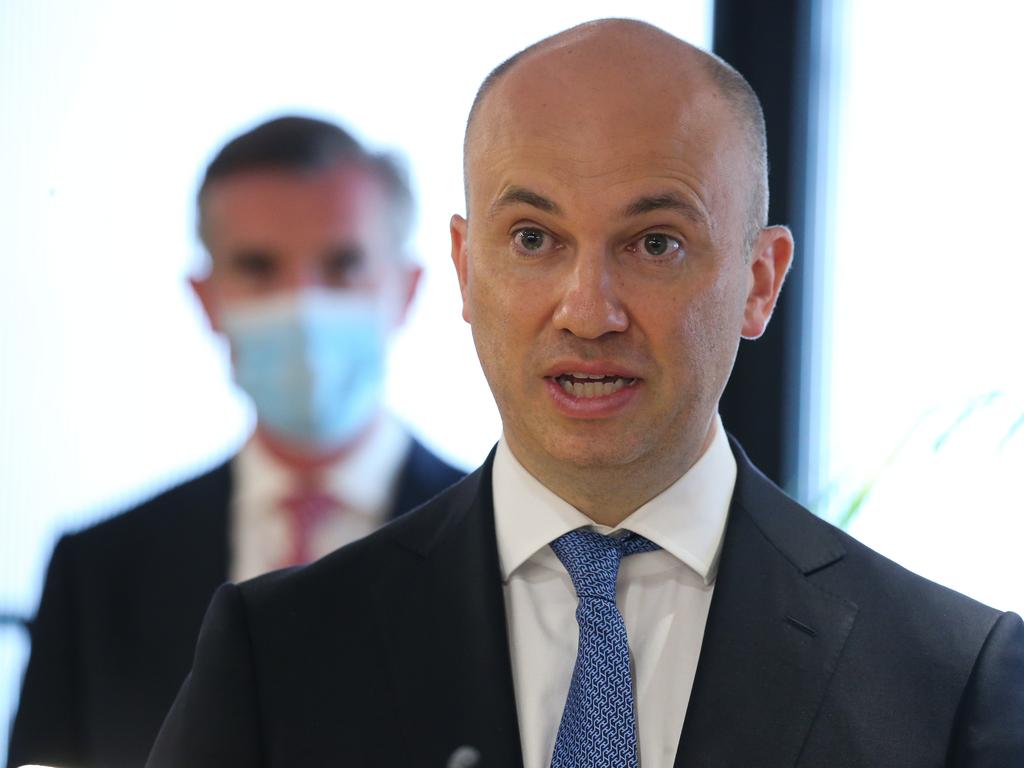
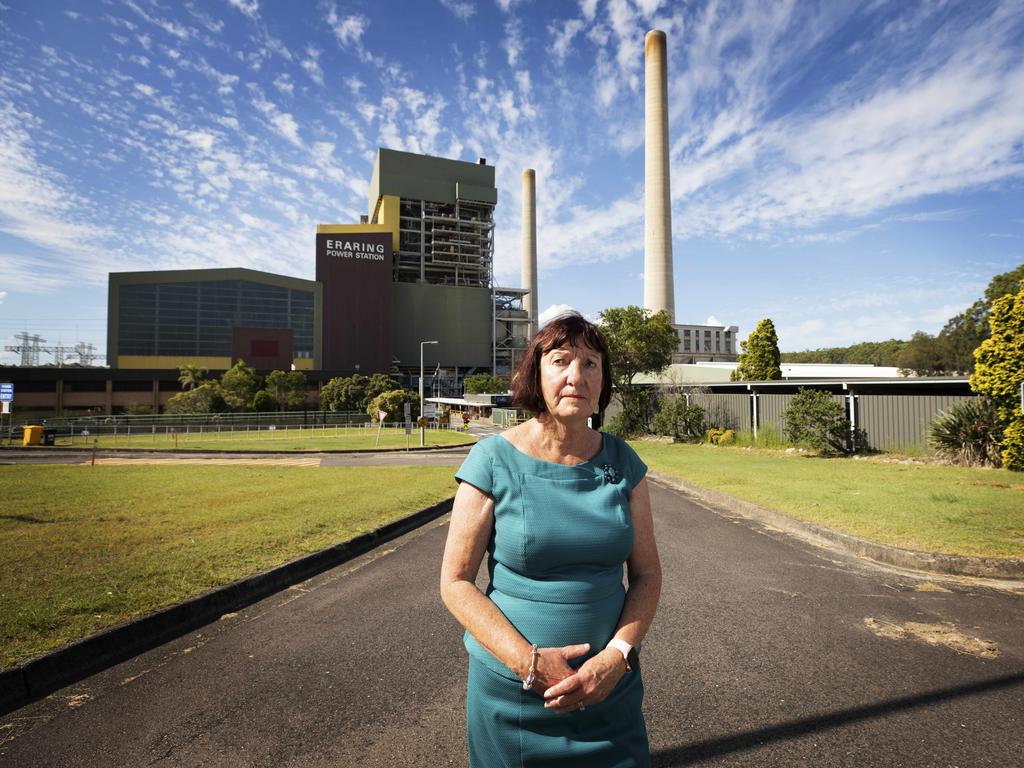


To join the conversation, please log in. Don't have an account? Register
Join the conversation, you are commenting as Logout